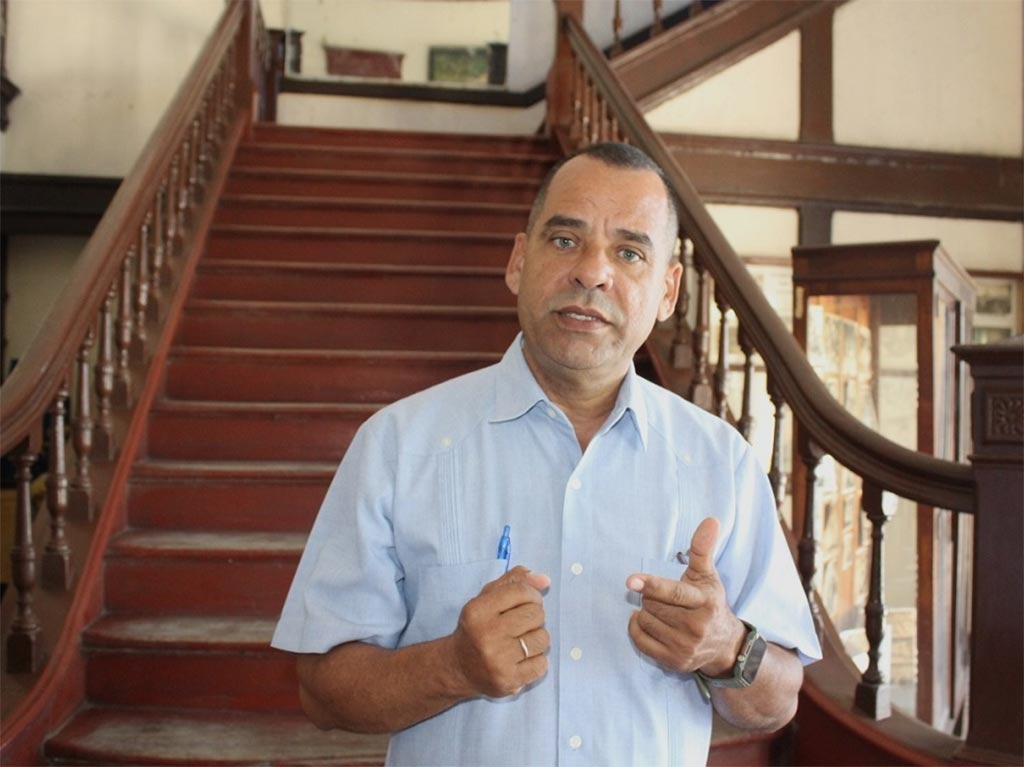The expert stated that CESPE came to Cuba to insert the country’s education into the practice of 26 other nations, which apply science to pedagogy under the tutelage of the academic network.
He explained that in Cuba’s case, work is being done on a line of research related to the epistemology of education and rural diversity, which allows developing a model to explain behavior in rural areas.
Dr. Díaz-Granado clarified that the relationship with CESPE has allowed developing three diplomas taught by internationally renowned professors and academics in Cuba, facilitating the publication of scientific articles and participation in three books that contribute to Cuban pedagogy.
He also described as significant the contribution of digital tools and platforms that allow professors and teachers to access the most up-to-date knowledge, and to exchange with cutting-edge academics who are authorities in the field of pedagogy.
The pedagogue praised the fact that, sponsored by CESPE, a post-doctoral program is being developed to allow doctors in science to climb a step by updating them on new trends such as neuroscience applied to education and the use of artificial intelligence in the classroom.
Díaz-Granado referred to the link between the academic network and a variety of economic stockholders and to the fact that it opts for inter-institutionality, since it manages the signing of work agreements with teaching and non-teaching organizations that have common interests.
Special mention was made of the link with the House of Cuban Nationality in Bayamo, Granma province, through which they developed two panels on cultural decolonization and education, with a vision of the cultural, historic and social processes, at which academics from Italy, Ecuador, Colombia and Brazil participated.
jg/lam/yvg










